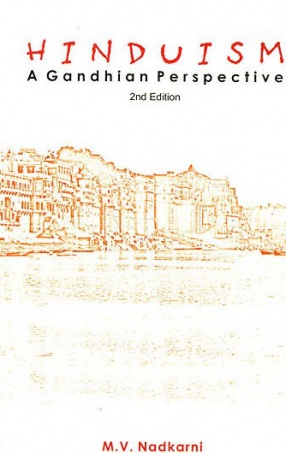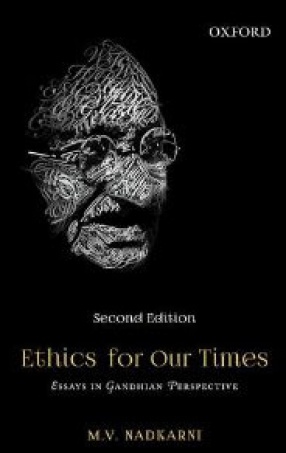His approach in prayer meetings as well as in general outlook was to welcome pluralism and diversity of all faiths. Though he sought universality and commonality in ethical and basic spiritual values in all faiths, he rejected the notice of any one religion- even Hinduism being universal in the sense of excluding the validity of other religions. A relentless search for truth could not admit to any dogmatic or fanatical faith in scriptures as infallible, particularly any claim of exclusive validity and unquestioning acceptance. Though Gandhiji respected scriptures of all religions, he did not consider them as infallible and did not consider any as exclusive repository of truth. He did not contest the divine revelation of the Vedas, the Bible and the Quran, but observed that they were after all revealed to the human media- however high and exalted – and therefore as handed down to us and so can give only a partial, fragmented view of the truth, and are thus not infallible.
In any moral dilemma, he resorted to unbiased reasoning and his ‘inner voice’. By this, he did not mean that rules of ethical conduct could be left to individual convenience and caprice. On the contrary, in his view, they were governed by the eternal and universal principles revealed to the Vedic rishis and also to great and selfless persons who came later. He believed that any one can tune in to the inner voice by shedding egoism and selfishness. The Gandhian perspective is really more about pure ethics and spirituality than about religion in a narrow sense of the term. It transcended religion because of its undogmatic universalism and its ultimate liberating potential even in the mundane world. But he did not decry religion, because he was convinced by its powerful potential to inspire and sustain moral conduct.
Non-violence (ahimsa) of Hinduism in Gandhian perspective was not just a negative concept of avoiding violence; in fact, it required its practitioner to be socially engaged, proactively kind and caring. An important aspect of the Gaudhian perspective thus is its emphasis on selfless social service. For Gandhiji, Truth or God was not something to be sought in some desolate and distant mountain peak, but to be sought only through removing the sorrow of others, empowering them in the process. In this he was not alone in modem Hinduism but nevertheless the most distinguished. He did even more. He created history as none before him in the long history of Hinduism. His distinctive contribution was to initiate and sustain constructive social and political change on a large scale, to revolutionize thinking among millions not only in India but also outside, and empowering them. His pro-active non-violence had a liberating potential, al3d enabled not only himself to find truth but also many others. When he was in South Africa, he recognized his life’s mission — to work for the oppressed and the deprived and end their oppression in a non-violent struggle (satyagraha), with no illwill against the oppressors. He could easily see the similarity in apartheid in South Africa and untouchability in India and toiled to end both. He derived inspiration for selfless service as much from Christianity and Islam, as from Hinduism and Jainism. He saw in this the very core of religion and true spirituality. Indian religions, including Hinduism, have a long tradition of, and scriputural backing to, selfless service to others, including even animals, which Gandhi rediscovered.








There are no reviews yet.